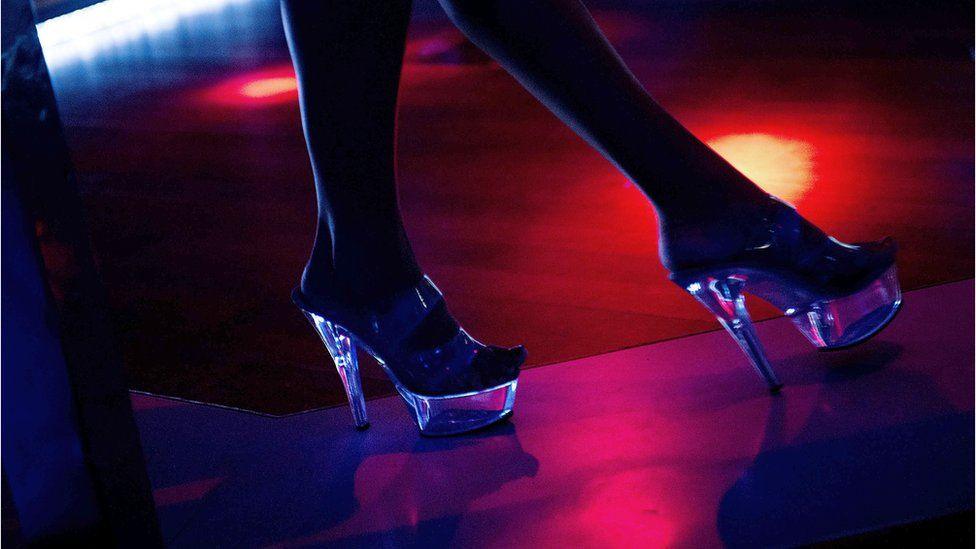Cheltenham Festival: Arguments continue over strip clubs
- Published

One campaign group says the presence of sexual entertainment venues makes women feel anxious
Temporary sexual entertainment venues (SEVs) have been a feature of Cheltenham Festival Week for years but this year only one has been granted a licence. One dancer says closing strip clubs penalises working-class women who need to earn an income.
"Often campaign groups want to 'save us', but we don't want to be saved," says Amelie.
"What we want is to work in an industry that's safe, and people are trying to remove the option for us to do our jobs safely."
Amelie, not her real name, will be performing in strip shows this week during Cheltenham Festival.
The annual horse racing event attracts tens of thousands of people from across the country and is worth millions of pounds to the town's economy.
But arguments have raged for many years about the presence of lap dancing and strip performances which some groups say make women feel unsafe.
"We've heard these opinions time and time again but they just aren't rooted in fact," Amelie says.
"It's just moral ideology and it's time we stopped giving credence to white, middle-class lobbying groups because they feel uncomfortable with the work we do."
Shows are 'outdated'
Pubs and clubs need special Sexual Entertainment Venue (SEV) licences to put on a series of strip shows.
Only one licence has been granted this year to the 2 Pigs pub and its owners have declined to speak with the BBC.
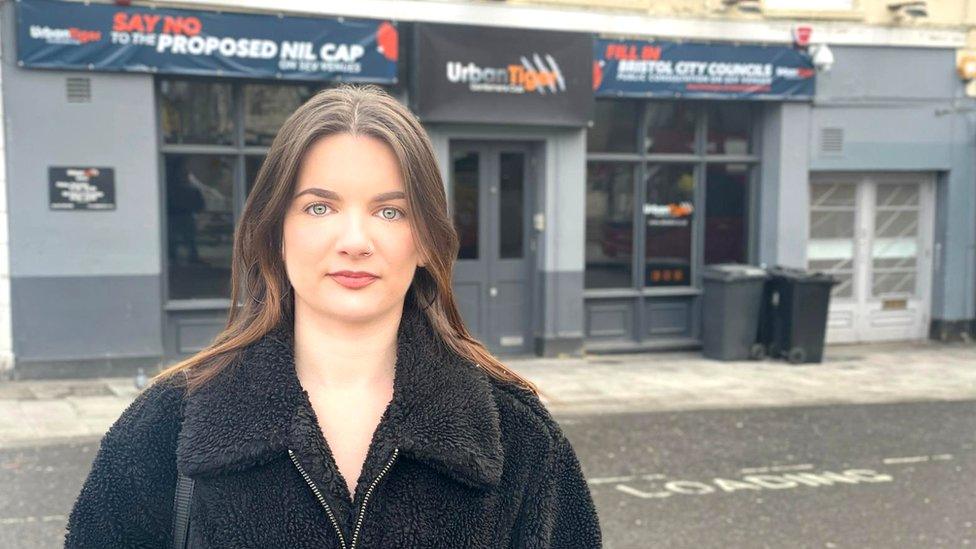
Dancer Amelie says people should be educated about consent rather than SEVs being closed
Maggie Stewart, the Chief Executive Officer of Gloucestershire Rape and Sexual Abuse Centre (GARAS), wants Cheltenham Borough Council to agree a blanket ban of SEV licences in the town.
She says the shows contribute to an atmosphere of anxiety for women and girls in the town during the festival.
"We've had clients come forward to say they've been assaulted during race week," she says.

Only one venue has been given an SEV licence during this year's Cheltenham Festival
"Upskirting has been reported, clients have said they've had rubbish thrown at them, they've been approached and propositioned by men saying 'I've made some money at the races and I want to spend it on you darling'.
"There does seem to be a problem and so many of us have objected to licencing because we just think it doesn't go with where we are now as a society.
"It just seemed to be outdated."
The council says it is not its place to make a moral judgement on licences and they help to regulate the industry.
'Criminalising poverty'
Amelie believes shows would continue to take place whether they are licenced or not and banning the licences is unfairly penalising women from lower income backgrounds.
"I do think shutting down strip clubs is punishing us and criminalising poverty," she says.
"For a lot of us there aren't many options out there. A lot of us are from a working-class background.
"I don't have many options personally. If I was to lose my job I would have to do another one for minimum wage, where I probably would feel a lot more exploited than I do in a strip club."
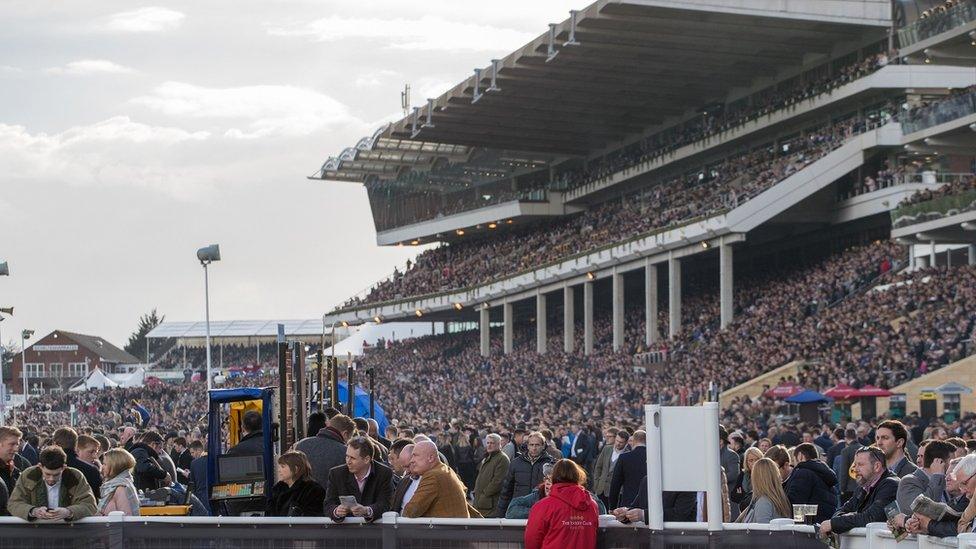
The festival brings huge crowds to Cheltenham
The dancer, who regularly works in Bristol, wants more to be done to educate the audiences of strip shows.
Amelie said: "Why are we not putting the blame on to the perpetrators [of sex crimes]? It's not our fault. As a society do we really want to go down that route again of blaming women for the actions of men?
"Banning SEVs is putting a plaster on a huge problem. It's not going to fix anything.
"The solution is a lot harder than just shutting down strip clubs. The solution is to educate people on consent, and it's going to take a lot of work."

Follow BBC West on Facebook, external, Twitter, external and Instagram, external. Send your story ideas to: bristol@bbc.co.uk , external
Related topics
- Published7 March 2022
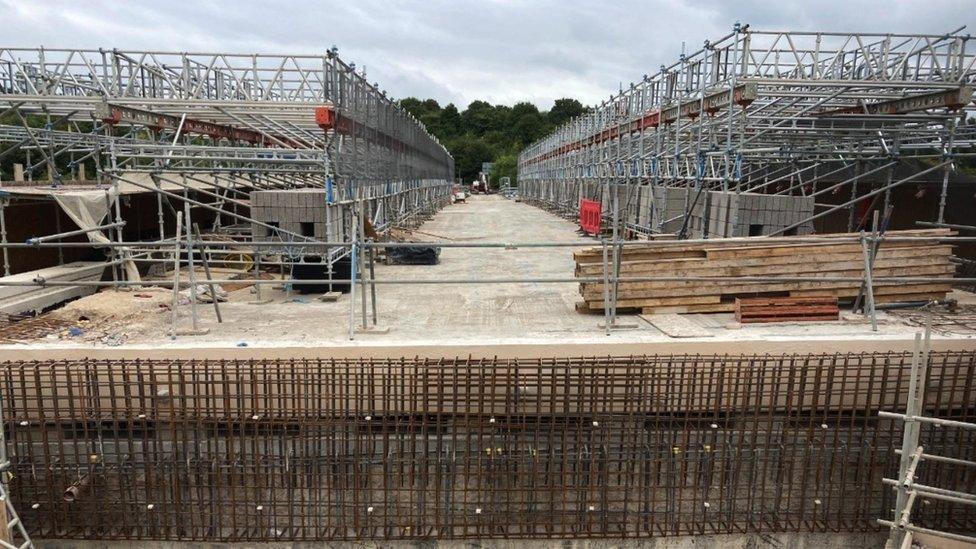
- Published10 January 2022
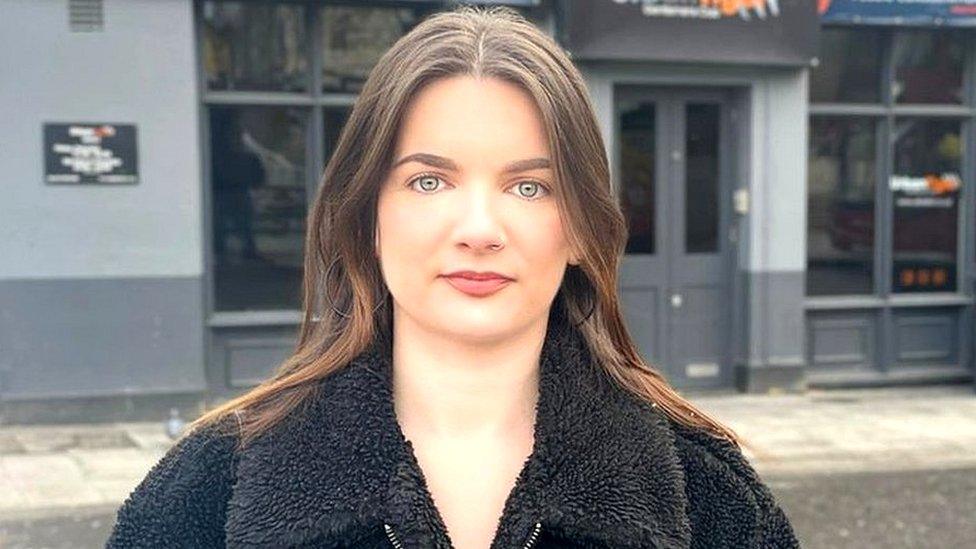
- Published26 October 2021
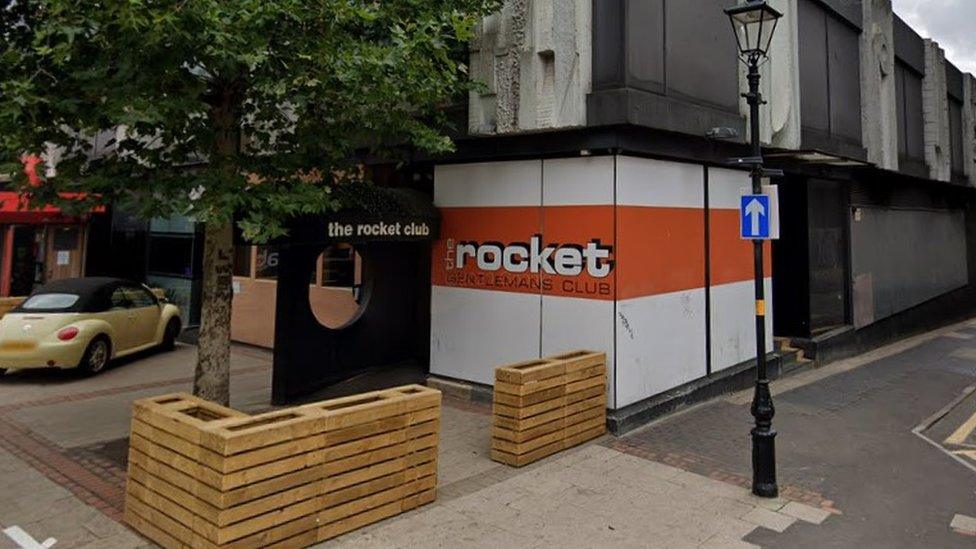
- Published18 September 2021
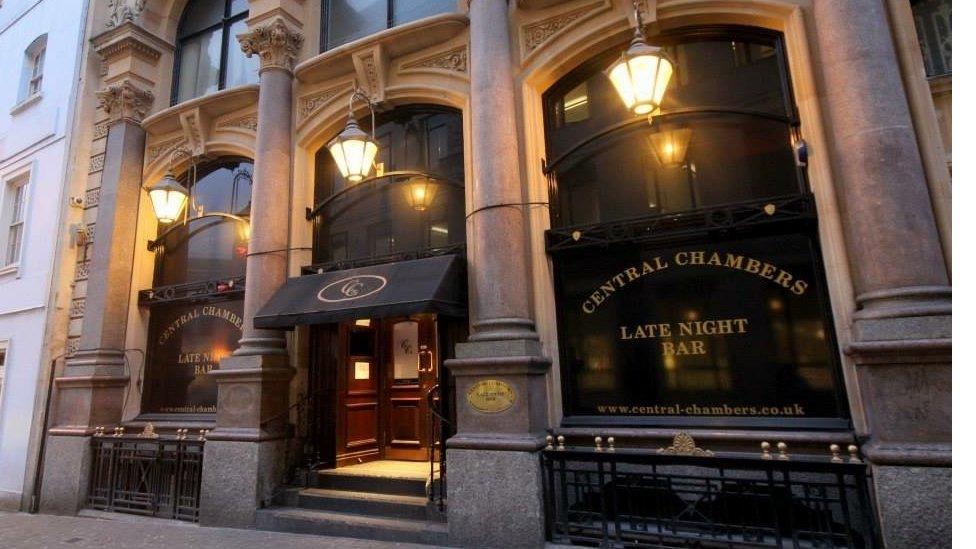
- Published8 March 2021
